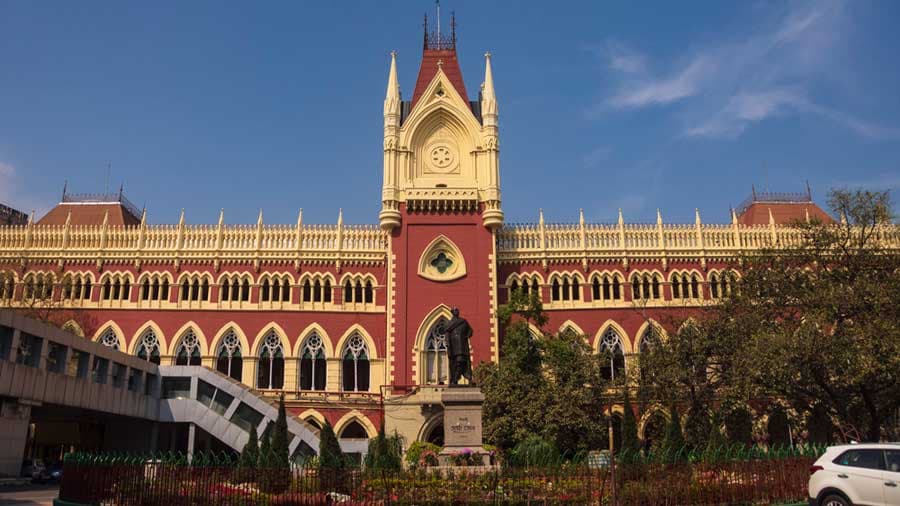
Supreme Court Rebukes Calcutta High Court Judgment: 'Decide Cases, Do Not Preach'
‘Judgements should avoid irrelevant or extraneous material and should be concise’
The Supreme Court overturned a Calcutta High Court ruling that instructed adolescent girls to "control" their sexual urges rather than "succumb to two minutes of pleasure."
The judgement, delivered by a Bench comprising Justices Abhay S Oka and Ujjal Bhuyan, emphasised that judgments must be clear and written in straightforward language.
“While the Court may comment on the conduct of the parties involved, such comments should be limited to aspects that impact the decision. A judgement should not reflect the Judge’s personal opinions on unrelated matters,” they stated.
“A Judge’s role is to decide a case, not to preach. Judgements should avoid irrelevant or extraneous material and should be concise. Quality judgement is characterised by brevity. Judgements are neither theses nor literary works.
However, the impugned judgment contained personal opinions and advice to both the younger generation and the legislature,” the Bench said.
Victims Neglected
The Bench lamented that survivors of child sexual assault are often neglected. In this case, the girl had no choice but to live with the accused.
“Sadly, many cases under the POSCO Act reveal that victims’ families abandon them. It is the State’s duty to provide shelter, food, clothing, and educational opportunities as stipulated by law. Even children born to such victims must receive similar care.”
The Court highlighted the State’s responsibility to ensure survivors achieve self-sufficiency and lead dignified lives.
“This is precisely what Section 46 of the JJ Act mandates. Unfortunately, in this case, the State machinery failed entirely. No support was provided to the victim, forcing her to seek shelter with the accused.”
Lack of Compliance with Section 19(6) of the Juvenile Justice Act
This sub-section requires the Special Juvenile Police Unit or local police to report offences against minors to the Child Welfare Committee (CWC) and relevant courts within 24 hours.
“Sub-section (6) of Section 19 is frequently ignored at the grassroots level. Even when information reaches the CWC, children in need of protection are not always presented.
Failure to comply with this provision violates the juvenile’s fundamental right to a dignified life,” the Court observed.
The Court directed the law secretaries of all states and union territories to convene meetings and develop guidelines to enforce this provision.
The verdict arose from a suo motu case initiated following the Calcutta High Court's controversial ruling, which had proposed a 'duty-based approach' for teenagers, suggesting differing duties for adolescent females and males.
The Supreme Court had taken suo motu cognizance of the High Court’s comments in December 2023, finding them sweeping, objectionable, irrelevant, preachy, and unwarranted. The top court remarked that the High Court’s ruling sent misleading signals.
In the initial case, Justices Chitta Ranjan Dash and Partha Sarathi Sen had acquitted a youth convicted of raping a minor with whom he had a 'romantic affair'.
The Supreme Court has reinstated the conviction and appointed a committee of experts to review the sentencing.
This committee, which includes a clinical psychologist, a social scientist, and a child welfare officer as coordinator and secretary, will consider the survivor’s wishes regarding living arrangements and available government aid.
For any enquiries or information, contact ask@tlr.ae or call us on +971 52 644 3004. Follow The Law Reporters on WhatsApp Channels.